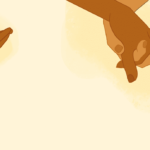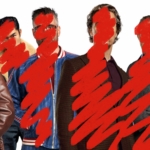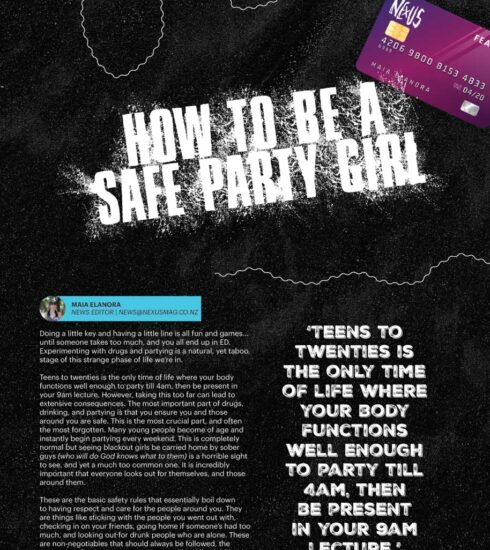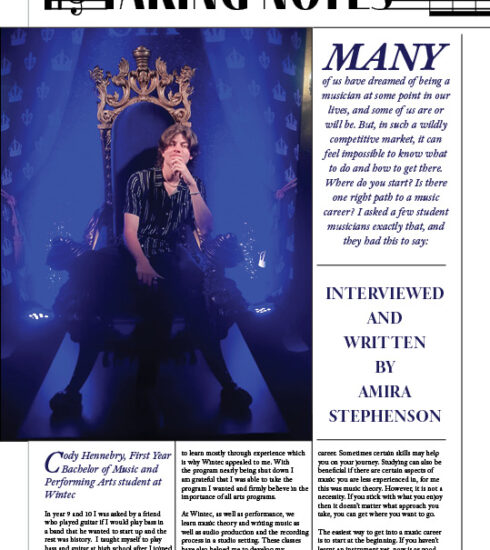Fear Not (But maybe just a little)
If I’m being completely honest, I wasn’t quite sure how to start this piece. I could easily begin by saying “as a brown girl”, and describe how life has treated me. However in reality, I’ve never personally faced any kind of discrimination because of the colour of my skin. I’ve been extremely lucky; I can’t say the same for my family.
I come from a family of Coloured South Africans. But wow, “Coloured”? What is that? It’s a term used to racially classify brown people who are mixed race, and it was implemented during apartheid. So, here we have a word used to profile people based on the colour of their skin in a racially prejudiced society. And that’s only the start of the problem.
I have many stories of times when my parents faced acts of colourism growing up. For example, imagine having to go to swimming lessons in primary school and the white kids don’t want to get into the pool with you because you’re brown. These are young kids, all of the same nationality, discriminating against a classmate all because of the colour of their skin. And that’s not as intense as it could get. However, I wanted to focus this piece on today’s society. I want to discuss the implications of apartheid for Coloured people, years after it has ended.
My parents were lucky enough to leave South Africa post-apartheid and come to New Zealand. The opportunities that my brothers and I have because of my parents’ decision are immense. What we aren’t so lucky about, is the fact that acts discrimination were not left behind.
While writing this piece, I asked my brothers if they had ever faced this kind of prejudice. The amount of examples they had were outrageous. When you read on, please don’t think this is me saying that all white South Africans are racist; of course they aren’t. I’ve met many who I believe will be lifelong friends. My point is that there are many people out there who stick to these old ways, and these people can be of any colour and race. I use some encounters with South Africans as an example in this piece given that I’m writing about colourism, not racism. If you’re confused on the difference, here’s a little definition: colourism is prejudice especially within a racial or ethnic group, favouring people with lighter skin over those with darker skin.
So, let’s get into this. There’s one particular encounter that comes to mind from when I was living in the United Arab Emirates. It was at a rugby tournament, and I was watching my eldest brother play. All of a sudden, there was some kind of commotion. I later learned that a player on the opposing side had called my brother a derogatory name in Afrikaans. I remember how angry my parents were when they heard this, and how much my brother wanted to retaliate. I always think about how crazy this felt for me; it was the first time I had encountered a situation like this.
I can recall two other stories that my brothers have told me about while living here in New Zealand. The first happened in Christchurch. One of my brothers had been with his mate and they were driving around until they’d been stopped by a police officer, who again, was South African. My brother, who was the passenger, was asked to show his licence. What? His friend, a white New Zealander, was also confused. So when my brother was asked to exit the car, he did too. He defended my brother, and I admire that. But why were his actions even necessary? Why did he have to defend my brother in such a situation when it should never have happened in the first place?
The next story takes place here in Hamilton. It was after a Chief’s game, and my other brother was walking home with his girlfriend. On their way home, he was stopped by a cop. Picture it like this: a big brown boy walking with his white girlfriend (who walks a little fast; it’s funny when my brother complains because he’s lazy), and other people walking home around them, but he was the only one to be stopped. Did he look suspicious? Why did he look suspicious? You can tell me that I’m exaggerating, but I genuinely don’t believe I am, not when this happens to many people on a daily basis.
So, why do people still discriminate against others? That’s one question I don’t think I’ll ever get an answer to.




